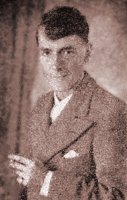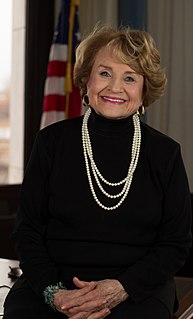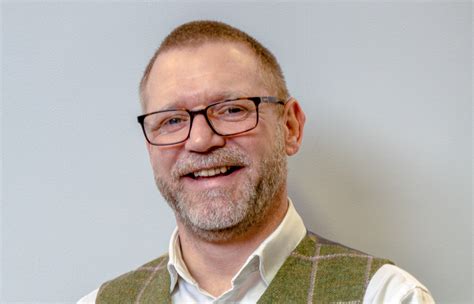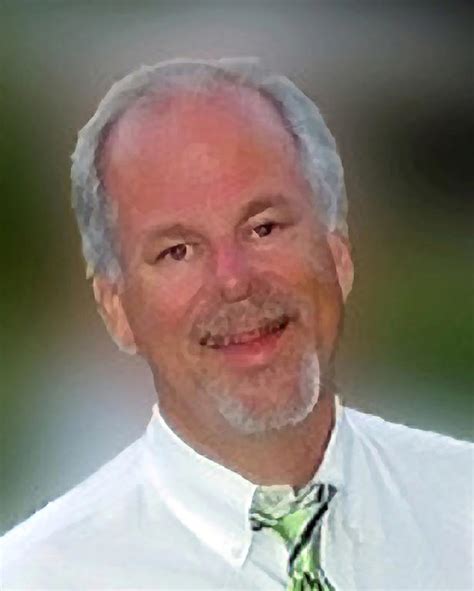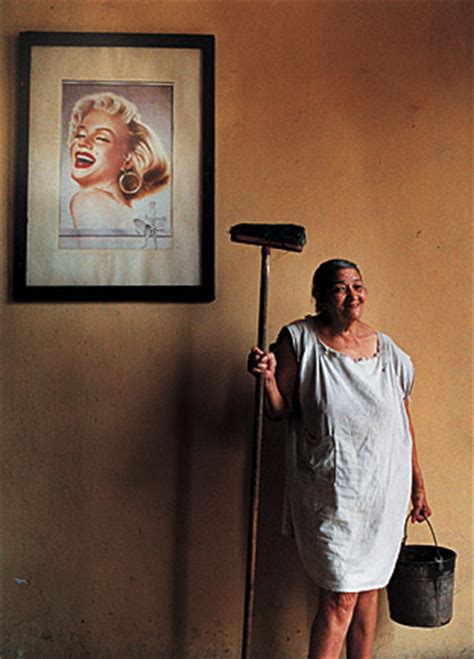A Quote by William S. Burroughs
The whole drug war is nothing but a pretext to increase police power and personnel, and that, of course, is dead wrong. So many created imagined drug offenses.
Related Quotes
In the 1990s - the period of the greatest escalation of the drug war - nearly 80 percent of the increase in drug arrests was for marijuana possession, a drug less harmful than alcohol or tobacco and at least, if not more, prevalent in middle class white neighborhoods and college campuses as it is in the 'hood.
Of course in this age of colorblindness, a time when we have supposedly moved "beyond race," we as a nation would feel very uncomfortable if only black people were sent to jail for drug offenses. We seem comfortable with 90 percent of the people arrested and convicted of drug offenses in some states being African American, but if the figure was 100 percent, the veil of colorblindness would be lost.
The drug war has nothing to do with making communities livable or creating a decent future for black kids. On the contrary, prohibition is directly responsible for the power of crack dealers to terrorize whole neighborhoods. And every cent spent on the cops, investigators, bureaucrats, courts, jails, weapons, and tests required to feed the drug-war machine is a cent not spent on reversing the social policies that have destroyed the cities, nourished racism, and laid the groundwork for crack culture.
[T]ake the war on drugs. The average American says, "The war on drugs has been beneficial." The rest of us see reality. This war has destroyed thousands of Americans. It is also a pretext for government agents to rob innocent people in airports and on the highways - they seize and confiscate large amounts of cash and say to their victims: "Sue us if you don't like it." And more and more judges, politicians, intelligence agents, and law-enforcement officers are on the take - as dependent on the drug-war largess as the drug lords themselves.
While many have been left behind by Part D, there is a clear winner: the drug industry. Independent analysts predict that Part D will increase drug industry profits by $139 billion over the next eight years. Glaxo-SmithKline's second-quarter net income already jumped 14 percent, and other leading drug companies also have benefited.
Western governments ... will lose the war against dealers unless efforts are switched to prevention and therapy... All penalties for drug users should be dropped ... Making drug abuse a crime is useless and even dangerous ... Every year we seize more and more drugs and arrest more and more dealers but at the same time the quantity available in our countries still increases... Police are losing the drug battle worldwide.
The drug war isn't what purports to be. If you look at the whole operation and the tie-in between the American intelligence agencies, these so-called "assets", the spies on the payroll of the CIA, and drug dealers. Don't let members of Congress and the media get away with this complacency and distortion!
There is a safe, nontoxic drug called naloxone that can instantly reverse opioid overdose and prevent most of these deaths. But the drug war interferes with saving overdose victims in two ways: first, because witnesses to overdose fear prosecution, they often don't call for help until it's too late. Second, because the drug war supports the belief that making naloxone available over-the-counter or with opioid prescriptions would encourage drug use, the antidote is available only through harm reduction programs like needle exchanges or in some state programs aimed at drug users.
Drug offenses ... may be regarded as the prototypes of non-victim crimes today. The private nature of the sale and use of these drugs has led the police to resort to methods of detection and surveillance that intrude upon our privacy, including illegal search, eavesdropping, and entrapment. Indeed, the successful prosecution of such cases often requires police infringement of the constitutional protections that safeguard the privacy of individuals.


